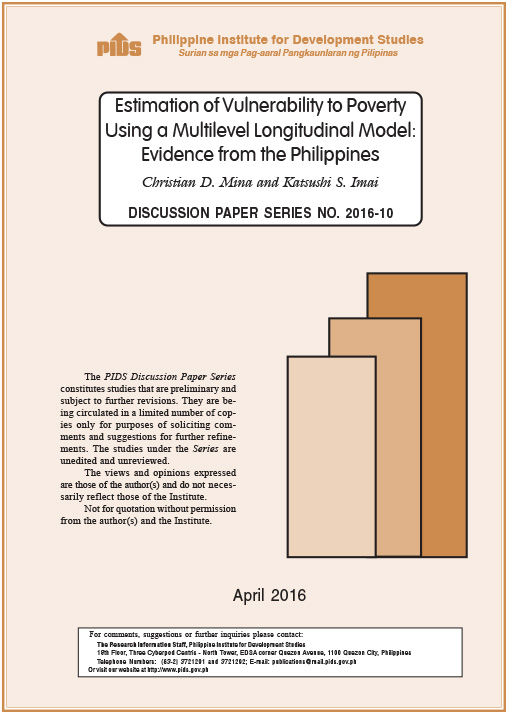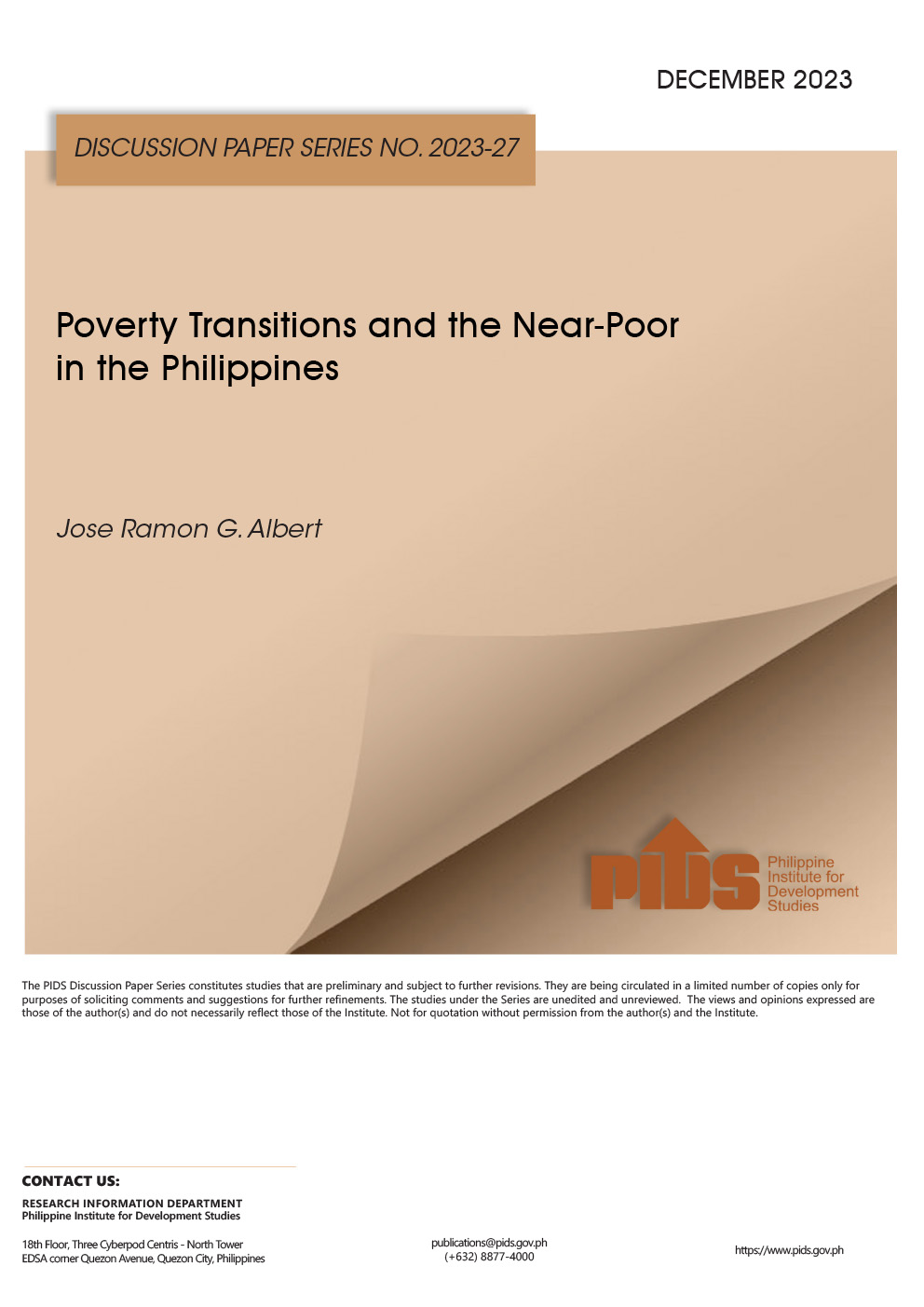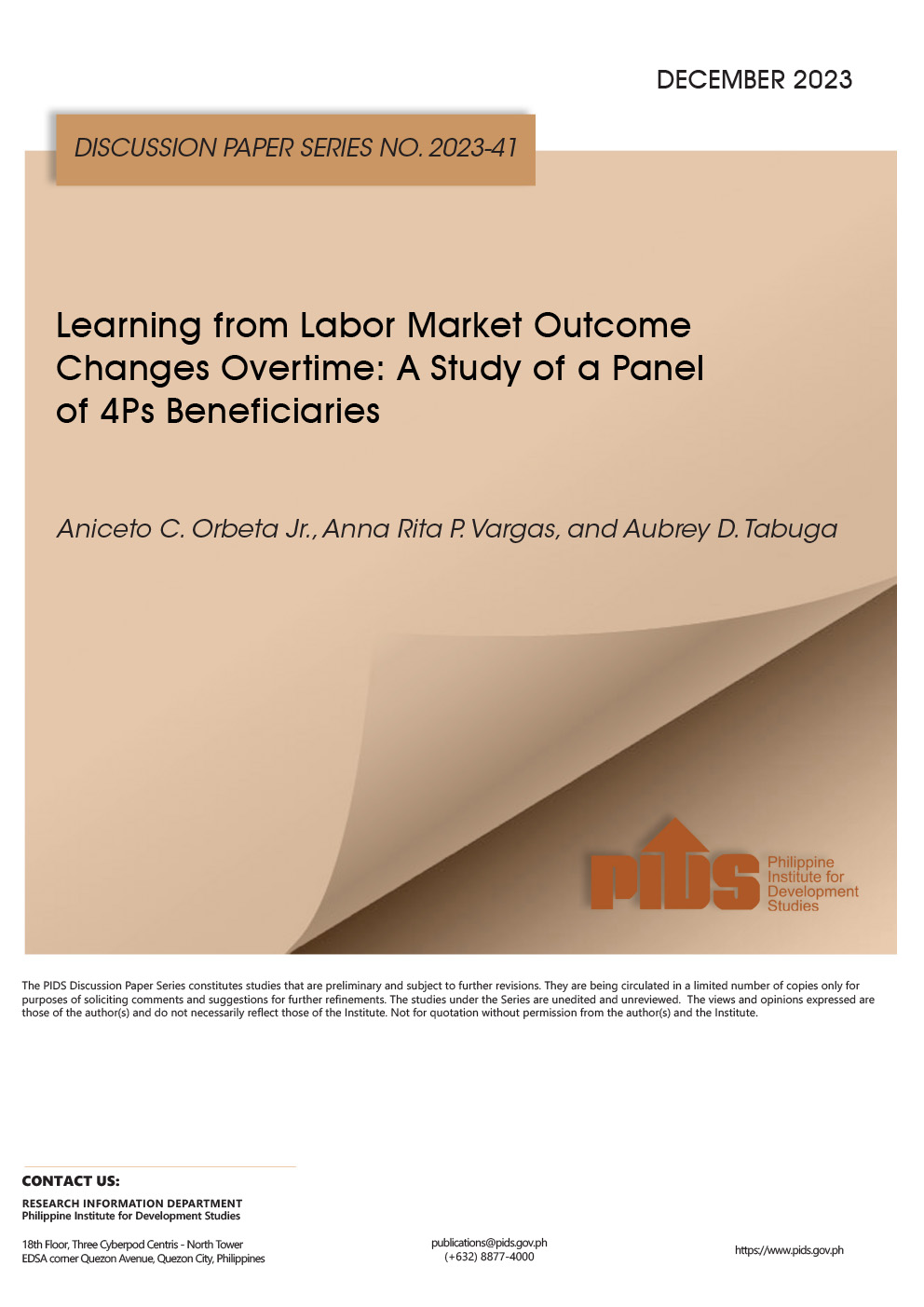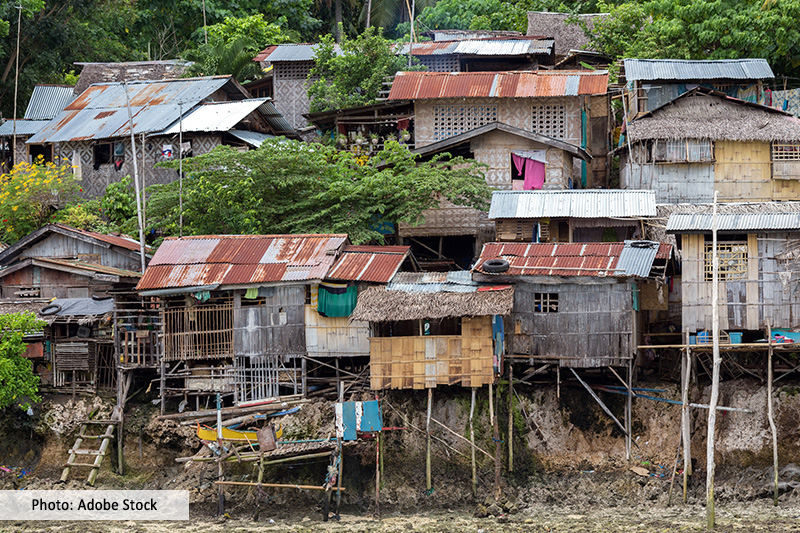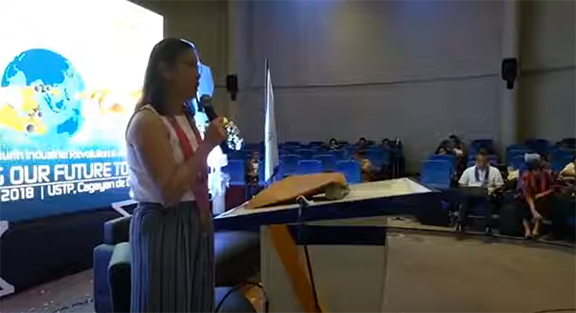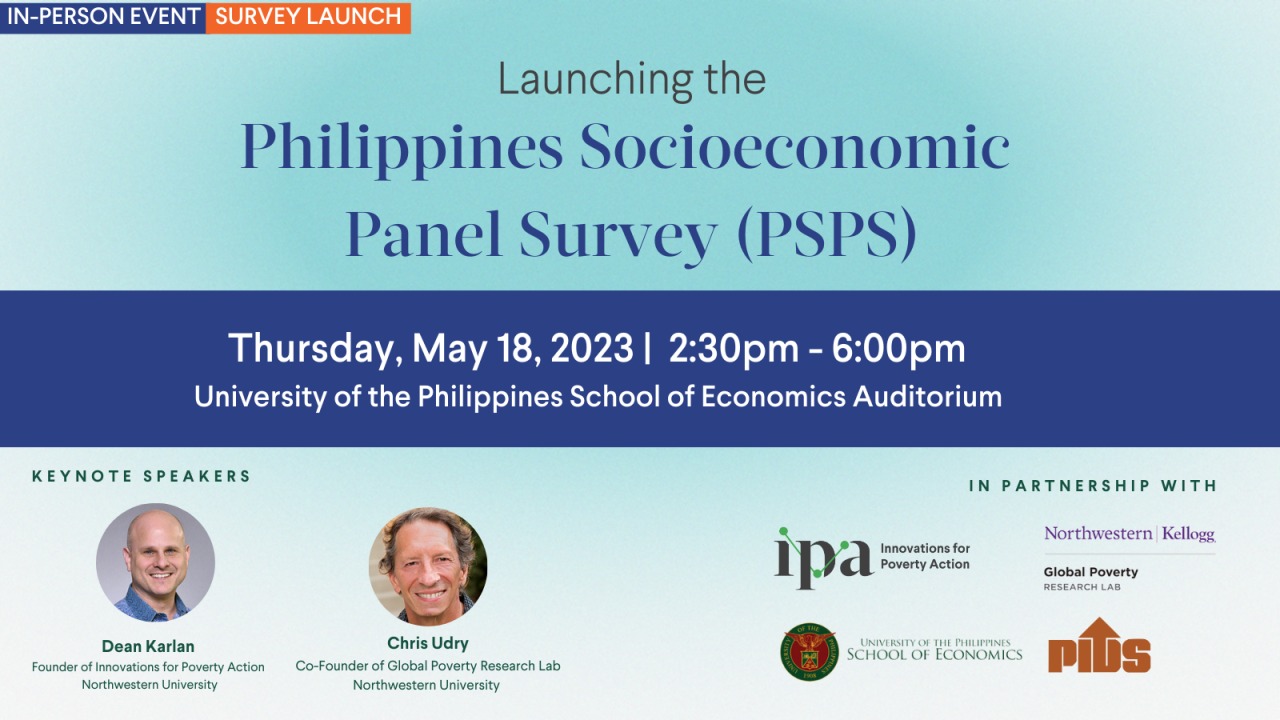THE Committee of the Whole House of Representatives on Wednesday approved Resolution of Both Houses (RBH) No. 7, which seeks to lift foreign equity limits on education, public utilities and advertising in the 1987 Constitution.
The House Committee of the Whole of the House approved RBH 7, entitled A Resolution of Both Houses of Congress Proposing Amendments to Certain Economic Provisions of the 1987 Constitution of the Republic of the Philippines, Particularly on Articles Xll, XlV, and XVl, through viva vice voting.
On the same day, the panel also approved the committee report on RBH 7.
Deputy Majority Leader and Mandaluyong City Rep. Neptali Gonzales II, who was designated majority leader of the committee, moved to terminate the hearings.
He then presented a motion to approve RBH No. 7, which embodies the proposed amendments.
Shortly after, Majority Leader and Zamboanga City Rep. Manuel Jose M. Dalipe, who was presiding over the hearing, declared the resolution approved.
Gonzales said RBH 7 has been exhaustively deliberated in the previous six hearings.
Looking ahead, he said the House is scheduled to start plenary debates on the proposed amendments on Monday.
Gonzales emphasized the efficiency of the second reading, as it primarily involves sponsorship and limited member interpellation.
Gonzales expressed optimism that RBH 7 could be approved on second reading on Wednesday next week.
Like RBH 6
RBH No. 7 is almost an exact reproduction of RBH No. 6, introduced by Senate President Juan Miguel Zubiri and Senators Loren Legarda and Juan Edgardo Angara.
The proposed House and Senate changes are on the grant of legislative franchises to and ownership of public utilities in Article Xll, the ownership of basic educational facilities in Article XlV, and advertising firms in Article XVl.
The suggested principal amendments are the insertion of the phrase, “unless otherwise provided by law,” which would empower Congress to lift or relax present economic restrictions in the nation’s basic law, and the addition of the qualifier “basic” in Article XlV.
RBH No. 7 and RBH No. 6 also restate the provision of the Constitution that Congress may propose amendments “upon a vote of three-fourths of all its members.”
Members of the House of Representatives are suggesting an early plebiscite to allow the people to ratify proposed amendments to the Constitution’s restrictive economic provisions.
They stressed the need to separate the plebiscite from mid-term elections to prevent the Constitution from becoming the subject of political disputes.
Earlier, the Commission on Elections said that the poll body is ready to conduct the plebiscite on economic charter change, whether it occurs concurrently with or separately from the 2025 midterm elections. Congressional Policy and Budget Research Department (CPBRD) Deputy Secretary General Romulo Miral Jr. said that the current economic restrictions within the 1987 Constitution contribute to the use of dummies and questionable partnerships in deals, negatively impacting transparency and accountability.
Miral said the Philippines is the only country explicitly stating these restrictions in its Constitution. He said the proposed charter change not only tackles economic issues but also significantly influences governance.
In recent roundtable discussions on charter reform, resource persons at the House of Representatives advocated the removal of foreign investment and ownership restrictions in the Constitution’s economic provisions.
Noted economists and experts participating in the discussions supported the idea of lifting these restrictions to increase investments, generate jobs, and boost the overall economy.
Among them were former Finance Secretary Margarito Teves, UP Economics Professor Dr. Raul Fabella, Dr. Dennis Mapa of the Philippine Statistics Authority, and Dr. Francis Quimba of the Philippine Institute of Development Studies.
Teves emphasized that the Philippines was highly restrictive in terms of foreign capital inflow among Asean countries and globally.
Fabella supported the proposal to lift restrictions on foreign ownership in the Constitution, considering it a more credible commitment to investors compared to opening up certain sectors through legislation.
However, IBON Foundation said the proposed Charter change will only lead to more foreign investment liberalization, a policy that has hindered the nation’s development for decades, resulting in a jobs crisis for millions of Filipinos.
It said an increase in foreign investment does not guarantee development.
Foreign chambers
MEANWHILE, the Joint Foreign Chambers of Commerce (JFC) in the Philippines is calling upon the House of Representatives to initiate an economic charter change to unlock international trade, foster greater foreign investment, and enhance business conditions, which will mutually benefit both the Philippines and the business interests of the JFC members’ respective countries.
The group said removing economic restrictions in the 1987 Constitution would facilitate a greater inflow of foreign direct investments in the country, a laggard in Southeast Asia where global FDI has been steadily increasing.
The JFC is a business advocacy coalition composed of the American, Australian-New Zealand, Canadian, European, Japanese, and Korean chambers of commerce and the Philippine Association of Multinational Companies Regional Headquarters Inc., or Pamuri.
‘Flawed procedurally, substantially’
Albay Rep. Edcel C. Lagman described the passage of RBH 7 as “flawed both procedurally and substantially.”
In explaining his no vote, Lagman said the committee report condensing the prolonged deliberations was submitted to the Committee of the Whole without any discussion of the numerous presentations and position papers presented during the process.
“Procedurally, because it does not follow any of the three modes of amending the Constitution under Article XVII, it is not even a Constituent Assembly in its traditional concept because, under the traditional concept of a Constituent Assembly, Representatives and Senators assemble jointly, not as legislators enacting laws, but as constituent members of a unicameral Constituent Assembly to introduce amendments to the Constitution,” he said.
Not fitting the traditional concept of a Constituent Assembly, where Representatives and Senators jointly assemble to propose constitutional amendments, RBH No. 7 introduces what Lagman sees as a fourth mode—amending the Constitution through ordinary legislation.
The contentious phrase “as may be otherwise provided for by law” within RBH No. 7 raises concerns for Lagman, creating ambiguity around potential amendments to the Constitution’s nationalistic provisions.
He argued that this lack of specificity puts prospective foreign investors in a state of uncertainty, emphasizing that investors prioritize certainty over flexibility.
Lagman argued that the removal or reduction of nationalistic provisions is unnecessary, given that a conducive economic environment for foreign direct investments (FDIs) has yet to be established.
He suggested that addressing issues such as ease of doing business, official corruption, government policy predictability, slow internet speed, and high power costs should precede constitutional amendments.
Lagman also pointed to the underwhelming outcomes of past liberalizations, such as the opening of manufacturing to 100-percent foreign investment.
He also questioned the projected benefits of foreign investments in public utilities, educational institutions, and the advertising industry, emphasizing the absence of empirical studies to support claims of increased job opportunities, technology transfer, skill development, and consumer protection.

